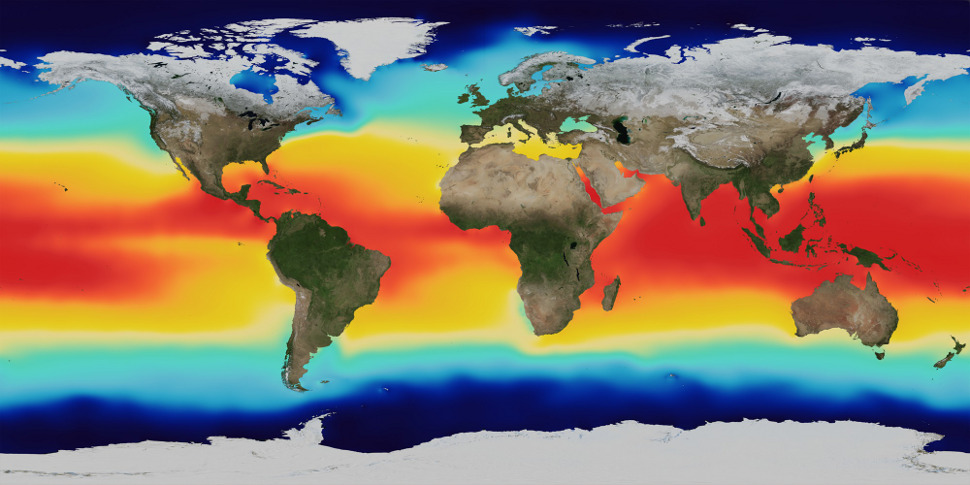Marine Physiology and Climate Change (BI/ES 593)

COURSE OVERVIEW
Marine Physiology and Climate Change (MPCC) is an experiential learning course that teaches upper-level undergraduate and graduate students about how marine organisms respond to climate change via their physiology. Through a mixture of lectures, readings, and a hands-on common garden tank experiment, students learn to design and implement a study, collect and analyze data, and broaden their understanding of how carbon emissions are affecting the world’s oceans. Students can also expect to develop the critical written and oral communication skills necessary to disseminate research. Check out the syllabus here or scroll down to see past experiments from the course.
PAST EXPERIMENTS
Fall 2024
A strange solitary coral: the effects of heat stress on Astrangia Solitaria
Koerber-Marx, s; Vasquez, M; Band Orange, J; Ong, C
Feeling the Burn: P. acuta under heat stress
Amin, A; DiMascio, D; Omeltchenko, O
The Microbiome Strikes Back: How Aiptasia pallida Combats Environmental Stress
Beredo, SJ; Bosacoma, EK; Martorana, SI; Sanchez, EA
Orbicella? More like Orbichilly: The Effects of Cold Priming on Reef-Building Corals
Canfield, S; Costa C; Jackson, A; Rohrbeck, S
Fall 2023
It’s Getting Hot in Here: Coral host genotype interacts with symbiont associations to determine thermal stress responses
Bouchie, D; Chen, M; Dougherty, J; Lapadula, A; Skena, A
The Effects of Thermal Priming on Congeneric Endangered Corals: A Warm Up Routine
Phan, A; Villani, G; Villarreal, M; Wasiak, B
Too Hot to Handle: Different symbiont types fail to change thermal tolerance outcomes in Exaiptasia pallida
Bartley, S; Toyama, K; Wong, A
Let’s be franksi: Divergent Thermal Challenges Elicit Unique Physiological Responses in Orbicellid Corals
Nagree, A; Foster, D; Bryan, S; Yoon, A; Alvarado, D
Fall 2022
Characterizing the effects of heat stress on the survival and behavior of two New England Crepidula fornicata populations
Castle, A; Osipovich1, M; Piros E
Effects of heat stress on survival and productivity of Pocillopora acuta coral
Beery, G; Nelson-Barkan, Z; Jasnos, O; Varela, N
Investigation of heat and light tolerance in Astrangia poculata
Alvarez, N; Diaz, A; Kerner, F; Neville, A; Pandaraboyina, H
Thermal Stress Response Variation in Exaiptasia pallida is Dependent on Location and Exposure Time
Almond, S; Pimentel, G; Crawford A
Fall 2021
The Independent and Interactive Effects of Nitrogen Enrichment and Heat Stress in the Model Sea Anemone Aiptasia
Da-Anoy, JK; Geisser, A; Thompson, K
Investigating the physiological resilience of the northern star coral Astrangia poculata to nutrient enrichment under thermal stress
Chang, T; Fleming, C; Kwit, I; Pan, M
A Comparison of Orbicellid Responses to Thermal Stress: Orbicella faveolata and Orbicella franksi
Chan, E; Cherrette, L; Sun, Z
Orbicella faveolata: Shallow Versus Mesophotic Coral Responses to Temperature Change
Frates, E; Hughes, A; Randall, A
TPC Group 3 Final Manuscript
Ahuja, V; Bussiere, G; Feng, J; Karadimitriou, N
Fall 2020
Reproductive and regenerative performance of symbiotic Hydra viridissima under variable thermal conditions
Donaldson, B; Harold, J; Meshaka, M; Yu, C
Thermal Stress Leads to Behavioral Shifts in two Species of Slippersnail, Crepidula fornicata and Crepidula plana
Alter, M; Castro, K; Cowart, B; Dickerson, H
Cold stress inhibits photosynthesis in the coral model Exaiptasia pallida
Bible, O;Ferraro, H; Reyes, S; Speroff, S
Fall 2019
Testing the climate variability hypothesis in an aposymbiotic coral, Astrangia poculata
McCarthy, G; Bhardwaj, A; Roberts, C
The effects of menthol treatment on facultatively symbiotic corals
Chu, G; Karageorge, I; Knox, M
“Bringing the Heat”: Thermal stress responses of Pocillopora damicornis
Campbell, R; Sangermano, A; Volk, A
Responses of the reef-building coral Pocillopora damicornis to bacterial stress from Serratia marcescens
Knasin, L; Tone, C; Zhu, L
Fall 2018
Symbiotic status mediates quiescence, photosynthetic efficiency, and growth of the facultative coral, Astrangia poculata, under thermal stress
Brown CM, Pelose GE, and Wuitchik DM
The effects of heat stress on growth and photosynthetic efficiency on the temperate coral Astrangia poculata
Chen X, DiRoberts L and K Richmond
Investigating the effects of thermal stress on the physiological responses and symbiont density of Oculina arbuscula
Nicole Haftel, Julia Russo, E Schlatter
Fall 2017
Effects of thermal stress on growth and mortality of juvenile Crepidula fornicata in New England
Gupta A, Pereira C, Soukup J
‘Burning Pocillopora’: Coral bleaching and recovery in response to a heat stress gradient
Kriefall N, Galeas Veliz K, Wong T
Assessing the effects of cold thermal stress on Astrangia poculata quiescence: analyzing photosynthetic efficiency, calcification rate, polyp behavior and Symbiodinium
Brennan S, Liesegang M, Almanzar A, Chavez D